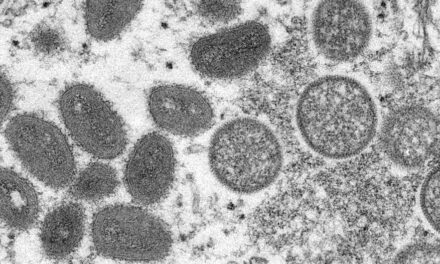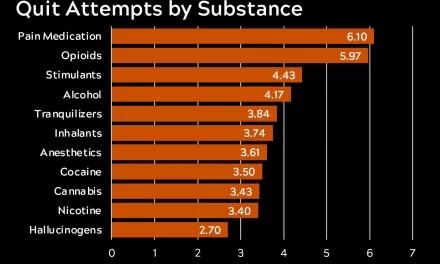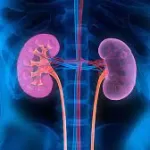December 18, 2024 – Calgary, Alberta, Canada
A groundbreaking longitudinal study has revealed that a diminished response to rewards in the brain may predict the onset of depression in teens, offering new insights into identifying at-risk youth before symptoms fully develop. Published in Biological Psychiatry: Cognitive Neuroscience and Neuroimaging, the research underscores the potential of brain science in early mental health assessment and prevention.
The study, led by researchers from the University of Calgary, followed 145 adolescents—mostly at high risk due to a family history of mood or anxiety disorders—over a period of 18 months. The findings suggest that teens who exhibit a blunted neural response when receiving rewards are more likely to develop depression for the first time, but not anxiety or suicidal ideation. This pattern remained true even after accounting for pre-existing mental health symptoms, age, and sex—well-established risk factors for depression.
“Evidence shows that children with depression or anxiety disorders often have a reduced response to rewards. Our study indicates that this blunted response could specifically predict depression, rather than anxiety or suicidality,” said Gia-Huy L. Hoang, a second-year neuroscience master’s student at the University of Calgary and the study’s first author.
The research relied on an EEG (electroencephalogram) scan, where participants played a game that provided feedback on whether they won or lost. The brain’s response to receiving rewards—known as “reward positivity”—was found to be a key indicator of depression risk. This method, described as simple and low-cost, could eventually serve as an accessible tool for early detection and intervention.
This study is significant in the context of rising mood and anxiety disorders among youth, which can have long-term effects. Research shows that half of children who experience one episode of depression or anxiety will face a second, and 80% of those with two episodes will go on to experience even more. Despite these concerning statistics, few studies have successfully pinpointed neural markers that can predict the onset of these conditions before they occur.
“Depression, anxiety, and suicidality are strongly linked and common in adolescents,” said Dr. Cameron S. Carter, Editor-in-Chief of Biological Psychiatry: Cognitive Neuroscience and Neuroimaging and professor at the University of California, Irvine. “Our research provides important clues about the brain’s reward system and its potential to predict the onset of depression, which is crucial for developing preventive strategies.”
This innovative study opens up new possibilities for understanding mental health risks and paves the way for brain-based approaches to early intervention. By identifying at-risk teens through measurable brain responses, researchers hope to mitigate the long-term impact of mood and anxiety disorders on youth.
The full study, The Reward Positivity as a Predictor of First Lifetime Onsets of Depression, Anxiety, and Suicidal Ideation in High-Risk Adolescents, is available in the latest issue of Biological Psychiatry: Cognitive Neuroscience and Neuroimaging (2024).
For more information, visit DOI: 10.1016/j.bpsc.2024.10.017.












